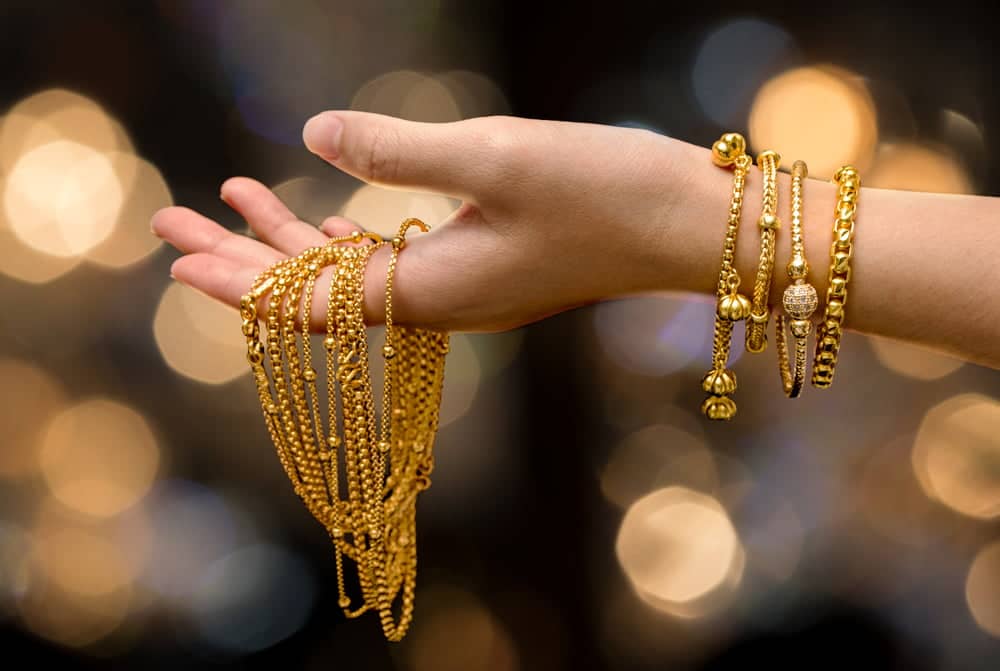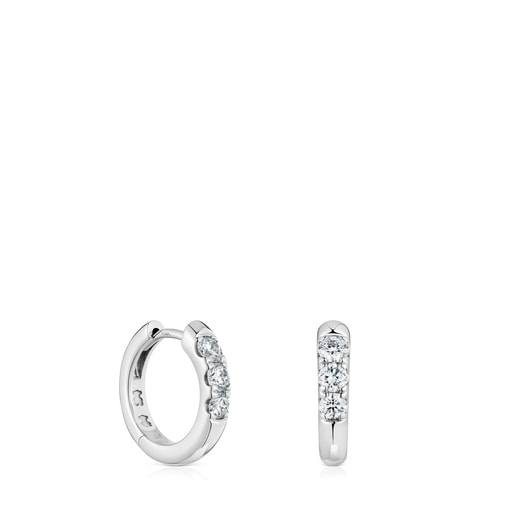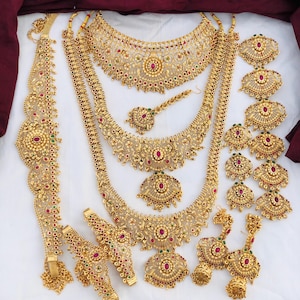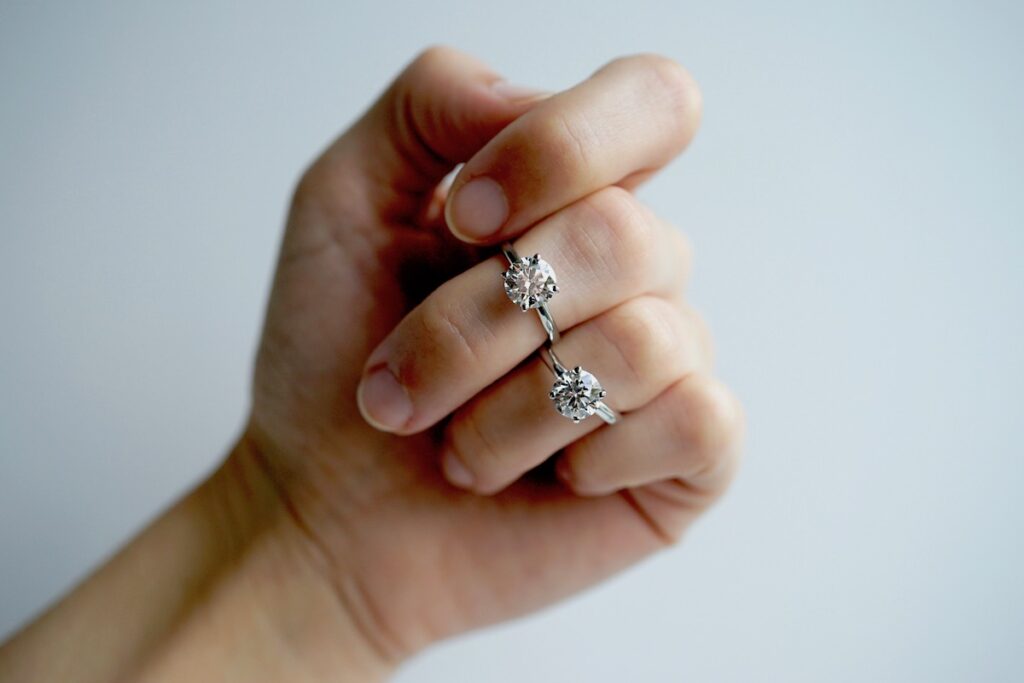Table of Contents
Understanding Gold Necklaces
Selling a gold necklace might seem like a straightforward task, but there’s a lot more to it than meets the eye. Before diving into the sale, it’s important to understand what exactly you’re dealing with.
Types of Gold Necklaces
Gold necklaces come in various styles and types, each with its unique features. Common styles include:
- Chain Necklaces: Simple and elegant, these include cable, curb, and box chains.
- Pendant Necklaces: These have a charm or gem hanging from the chain, adding a touch of personality.Statement Necklaces: Bold and often intricate, designed to stand out.
Each type can affect the necklace’s value differently, so knowing your necklace’s style can help in getting the best price.
Gold Purity and Its Impact on Value
Gold purity is a critical factor in determining value. The purity of gold is measured in karats (K) sell gold necklace, with 24K being pure gold. Common purities for necklaces include 10K, 14K, and 18K. Higher purity generally means higher value, but it’s also softer and may be less durable.
Why Sell Your Gold Necklace?
There are many reasons someone might want to sell their gold necklace, and understanding these can help you make a more informed decision.
Financial Needs
Sometimes, selling a gold necklace is a necessity to meet urgent financial needs. Whether it’s for medical bills, debt repayment, or other expenses, a gold necklace can provide quick cash.
Upgrading or Changing Jewelry
Another reason to sell a gold necklace is to fund an upgrade. If you’ve got your eye on a new piece or want to change your style, selling your old necklace can be a great way to finance your next jewelry purchase.
Preparing Your Gold Necklace for Sale
Preparation is key when selling your gold necklace. The better prepared you are, the more you can potentially get for it.
Cleaning and Inspecting the Necklace
Before selling, clean your necklace gently with a mild soap and water solution. This makes the necklace look more appealing and can sometimes enhance its value. Inspect it for any damage or wear, as this can impact the selling price.
Appraising the Necklace
Getting an accurate appraisal is crucial in selling your necklace. Here’s how to go about it:
Finding a Professional Appraiser
A professional appraiser can provide a detailed valuation based on the gold content, craftsmanship, and overall condition of the necklace. Look for appraisers who are certified and have a good reputation.
DIY Appraisal Techniques
If you’re unable to see a professional, you can do some basic checks yourself. Research current gold prices and weigh your necklace to estimate its value. However, for an accurate figure, professional appraisal is recommended.
Where to Sell Your Gold Necklace
Knowing where to sell your necklace can significantly impact the sale. You have several options, each with its pros and cons.
Local Jewelry Stores
Selling to a local jewelry store can be convenient. They often have experience with gold jewelry and can offer immediate payment. However, their offer might be lower than other options, as they need to make a profit on resale.
Online Gold Buyers
Online platforms can offer competitive prices and convenience. When choosing an online buyer, consider:
Reputable Online Platforms
Research online gold buyers to ensure they are reputable. Look for reviews, ratings, and any certifications that indicate they are trustworthy.
Avoiding Scams
Be cautious of scams. Avoid sellers who do not provide clear terms or have a poor reputation. Ensure the buyer offers a secure process and clear communication.
Understanding the Selling Process
Once you decide where to sell, understanding the process helps you navigate the sale smoothly.
Negotiating the Best Price
Negotiation is part of selling. Be prepared to discuss the price based on the appraisal and market conditions. Having knowledge about gold prices can help you negotiate better.
Documentation and Finalizing the Sale
Ensure all necessary documentation is in order, including proof of ownership and any appraisal reports. Finalizing the sale typically involves signing a contract and receiving payment.
Maximizing the Value of Your Gold Necklace
To get the most out of your sale, consider factors that can influence the value of your necklace.
Market Trends and Timing
Gold prices fluctuate based on market conditions. Selling when prices are high can significantly increase the amount you receive. Stay informed about market trends to time your sale effectively.
Additional Factors That Affect Value
Other factors include the necklace’s design, brand, and any gemstones or additional materials it may contain. These can add to the overall value and appeal.
Not Researching Prices
Failing to research current gold prices can lead to selling for less than your necklace’s worth. Do your homework to understand the going rate for gold.
Ignoring Appraisal
Skipping a professional appraisal can result in undervaluing your necklace. Always seek an expert’s opinion to get an accurate value.
After the Sale: What to Do Next
Once the sale is complete, there are a few important steps to follow.
Handling the Proceeds
Decide how to use the proceeds wisely, whether it’s reinvesting in new jewelry or managing other financial needs.
Tax Implications
Be aware of any tax implications from selling your gold necklace. Consult with a tax advisor to understand your responsibilities.
Conclusion
Selling a gold necklace involves more than just finding a buyer. From understanding the types and purity of gold to preparing your necklace and navigating the selling process, every step matters. By following this comprehensive guide, you’ll be well-equipped to make informed decisions and get the best value for your gold necklace. Happy selling!












